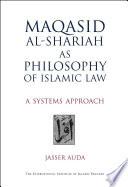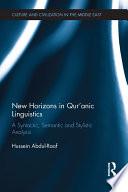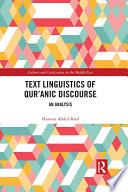
Maqasid Al-shariah as Philosophy of Islamic Law
A Systems Approach
In this path breaking study, Jasser Auda presents a systems approach to the philosophy and juridical theory of Islamic law based on its purposes, intents, and higher objectives (maqasid). For Islamic rulings to fulfill their original purposes of justice, freedom, rights, common good, and tolerance in today's context, Auda presents maqasid as the heart and the very philosophy of Islamic law. He also introduces a novel method for analysis and critique, one that utilizes relevant features from systems theory, such as, wholeness, multidimensionality, openness, and especially, purposefulness of systems. This book will benefit all those interested in the relationship between Islam and a wide variety of subjects, such as philosophy of law, morality, human rights, interfaith commonality, civil society, integration, development, feminism, modernism, postmodernism, systems theory, and culture.
- ISBN 13 : 1565644247
- ISBN 10 : 9781565644243
- Judul : Maqasid Al-shariah as Philosophy of Islamic Law
- Sub Judul : A Systems Approach
- Pengarang : Jasser Auda,
- Kategori : Religion
- Penerbit : International Institute of Islamic Thought (IIIT)
- Bahasa : en
- Tahun : 2008
- Halaman : 378
- Google Book : https://play.google.com/store/books/details?id=5sKQF16gdWgC&source=gbs_api
-
Ketersediaan :
This book will benefit all those interested in the relationship between Islam and a wide variety of subjects, such as philosophy of law, morality, human rights, interfaith commonality, civil society, integration, development, feminism, ...









